Episode 3 – Soil Health
Episode 3 - Soil Health
Description
In this episode of Soil Matters, we explore the evolving concept of soil health and its far-reaching implications for science, technology, communication, and practice.
Soil Matters host, Paul Lincoln, is joined by Professor Jim Harris, Dr. Daniel Evans from Cranfield University, and Dan Lambeth, Trustee of the British Society of Soil Science, to explore the evolving concept of soil health and its far-reaching implications for science, technology, communication, and practice. Marking the 75th anniversary of the European Journal of Soil Science and its special call for papers, the panel discusses the origins and challenges of defining soil health—a concept that has inspired policymakers and land managers but continues to spark debate among scientists.
Jim Harris and Dan Evans reflect on their personal journeys in soil science and the discipline’s shift from viewing soil as a static material to understanding it as a dynamic, complex system. They highlight how the accessibility of the term “soil health” makes it a powerful tool for engagement, while also cautioning against oversimplification. The conversation underscores the need for dynamic, systems-based approaches to measurement that capture the true complexity, resilience, and emergent properties of healthy soils.
Dan Lambeth offers his perspective on bridging soil science, policy, communication, and sustainable investment, drawing on his experience in finance and sustainability reporting. He discusses the increasing interest in soil health from the private sector, the importance of robust data for investment, and the need for a shared language among scientists, policymakers, and land managers.
The episode also features Professor Jenni Dungait, Editor in Chief of the European Journal of Soil Science, who shares her vision for the journal’s future as it enters an exciting new chapter.
Read more about Dan and Jim’s research on soil health in ‘A New Theory for Soil Health‘ from the European Journal of Soil Science.
To learn more about the European Journal of Soil Science and how to submit a paper, click here
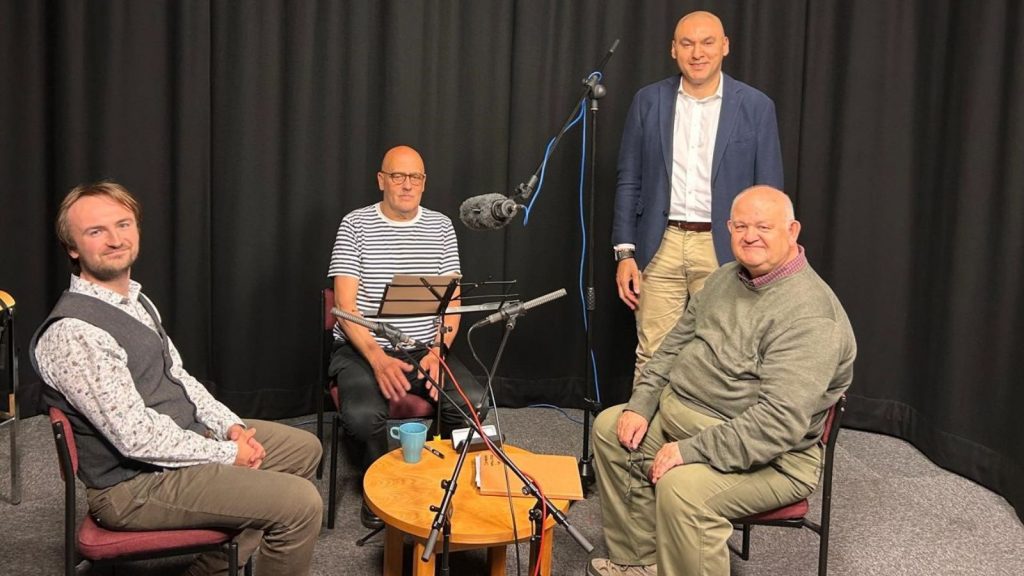
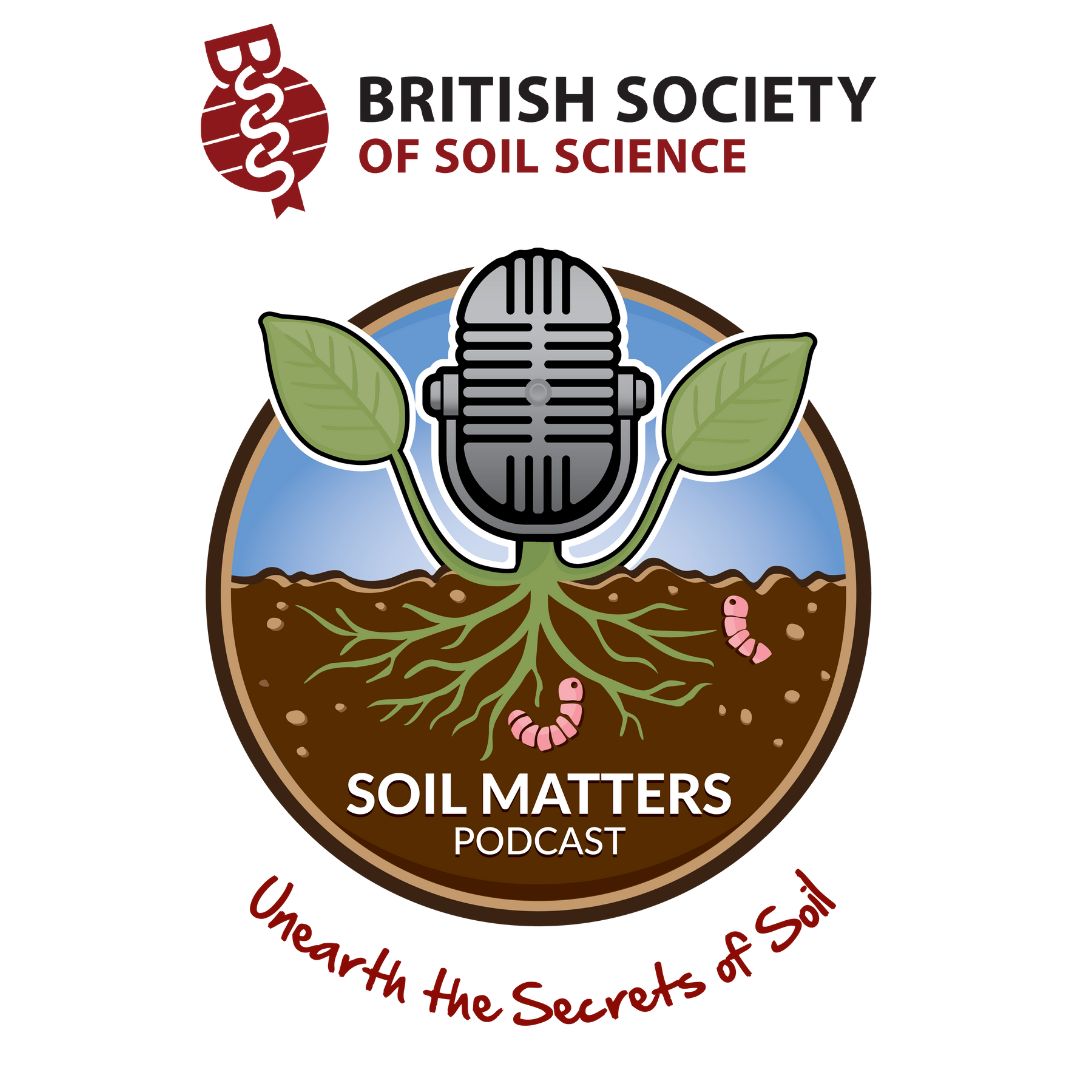
Soil Matters is brought to you by the British Society of Soil Science, the professional body for soil scientists in the UK. Soil Matters is dedicated to bridging the gap between scientific research and real world application.
Each episode will feature leading experts, researchers, and practitioners discussing the latest findings, innovations, and challenges in soil science. From exploring soil’s role in dealing with climate change mitigation and adaptation, to sustainable agriculture, food security and biodiversity, Soil Matters hopes to engage you with content that highlights the importance of soil in shaping our planet’s future.
Disclaimer: The information provided during this podcast has been prepared for general informational purposes only and does not constitute advice. The views of the presenter are personal and may not be the views of the British Society of Soil Science. The contents of this podcast are the copyright of the British Society of Soil Science.
Podcast Host
Paul Lincoln
Paul Lincoln worked for the Landscape Institute, the chartered body for landscape architects for eighteen years. During this period, he was Director of Policy and Communications; Deputy Chief Executive; editor of the Institute’s journal – Landscape and host of the monthly podcast Talking Landscape. Paul is a City of London guide – leading tours on post-war architecture, landscape and urban design. Paul is also a printmaker based at East London Printmakers. He studied Politics, Philosophy and Economics at New College, Oxford and has an MA in Cities, Design and Regeneration from London Metropolitan University.

Episode 1 – Bioremediation
Episode 1 - Bioremediation
Description
Tackling land contamination and how soil made it to a central London art gallery
Professor Frederic Coulon, Professor Tony Gutierrez, and Professor Jack Hannam
In previous years, land contamination was seen as an impediment to making the most of a site. Groundbreaking new approaches to bioremediation have completely changed the approaches to reclaiming land and to realising its true worth. Speaking on behalf of the EBNet project, soil scientists Professor Fred Coulon and Professor Tony Gutierrez, outline their current research and their plans for the future.
At the heart of their work is the potential for using bioremediation for carbon capture, a topic that is also address in a new art exhibition at London’s Somerset House. British Society of Soil Science Past-President, Professor Jack Hannam, visited in the opening week and explains why this landmark exhibition offers an amazing opportunity to connecting the public to a scientific body of research and elevate the importance of soil science in tackling climate change and food security.
You can find more details about their research here
You can find out about EBNet Pollutants & Media theme here
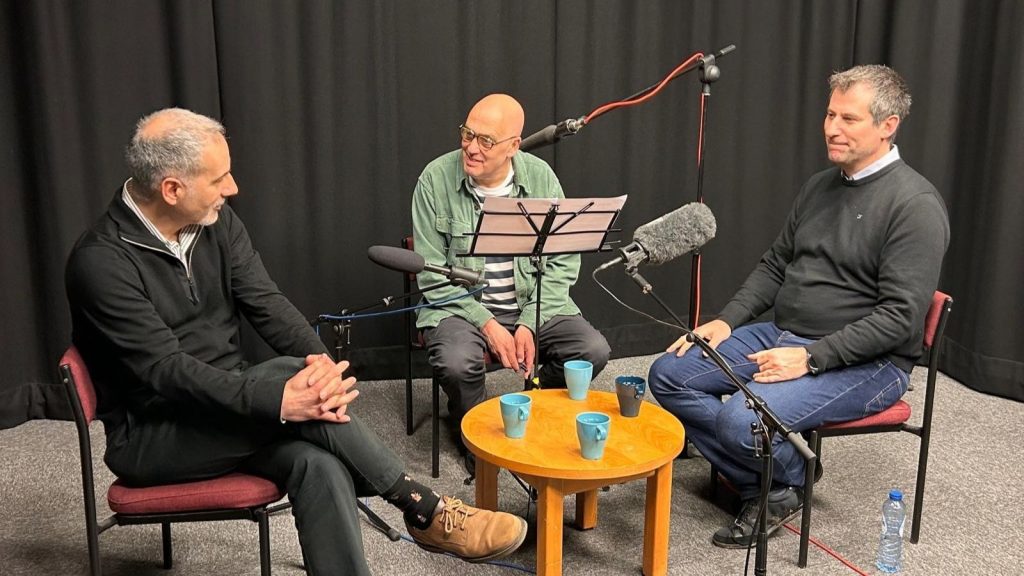
Frederic Coulon - Cranfield University
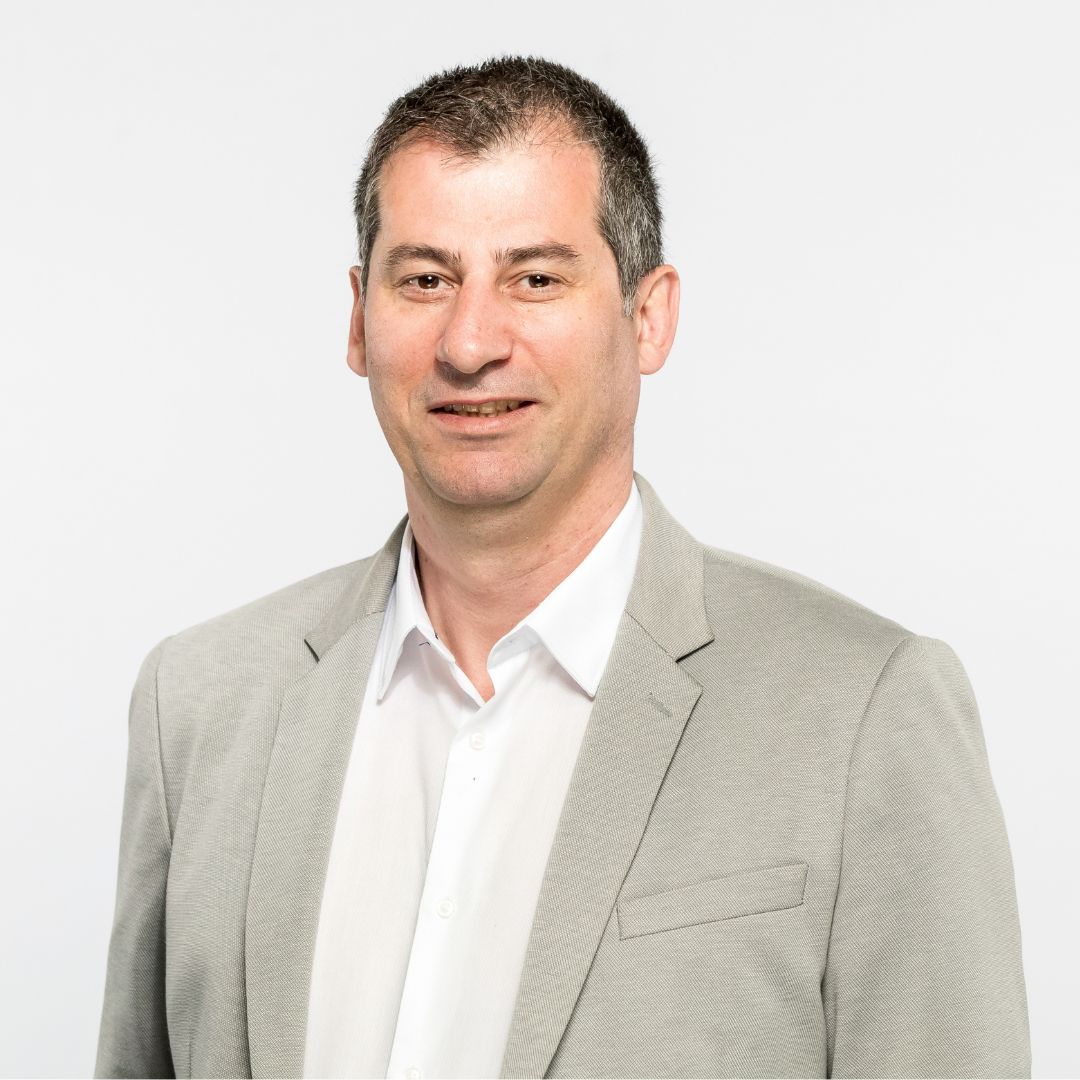
Frederic Coulon is Professor of Environmental Chemistry and Microbiology at Cranfield University. Fred’s interests include soil and water chemistry; transport of chemicals in surface and subsurface waters; water and wastewater treatment; soil and sediment treatment; hazardous waste site remediation; energy and environment; population and environment; and public communication of environmental science and engineering.
Tony Gutierrez, Heriot-Watt University
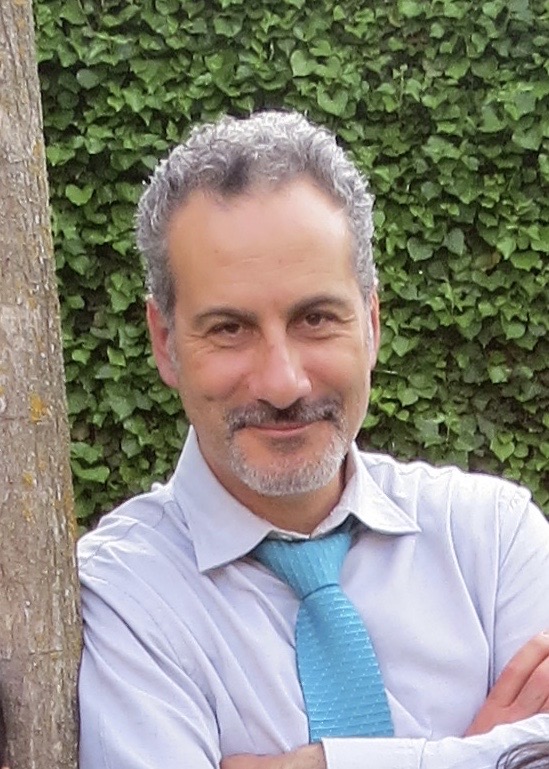
Tony Gutierrez is Professor of Environmental Microbiology & Biotechnology at Heriot-Watt University, Scotland. Tony’s research aims to understand the role that microbes play in the environmental pollutants, like plastics, crude oil and other petrochemicals, and to harness their power to help clean up contaminated land and water. His specialism focuses on the bacteria which, like viruses and microscopic algae, are too small to be seen by the naked eye. His passion is to make a better world through better understanding, and harnessing the power, of microbes.
Jack Hannam - BSSS Past-President
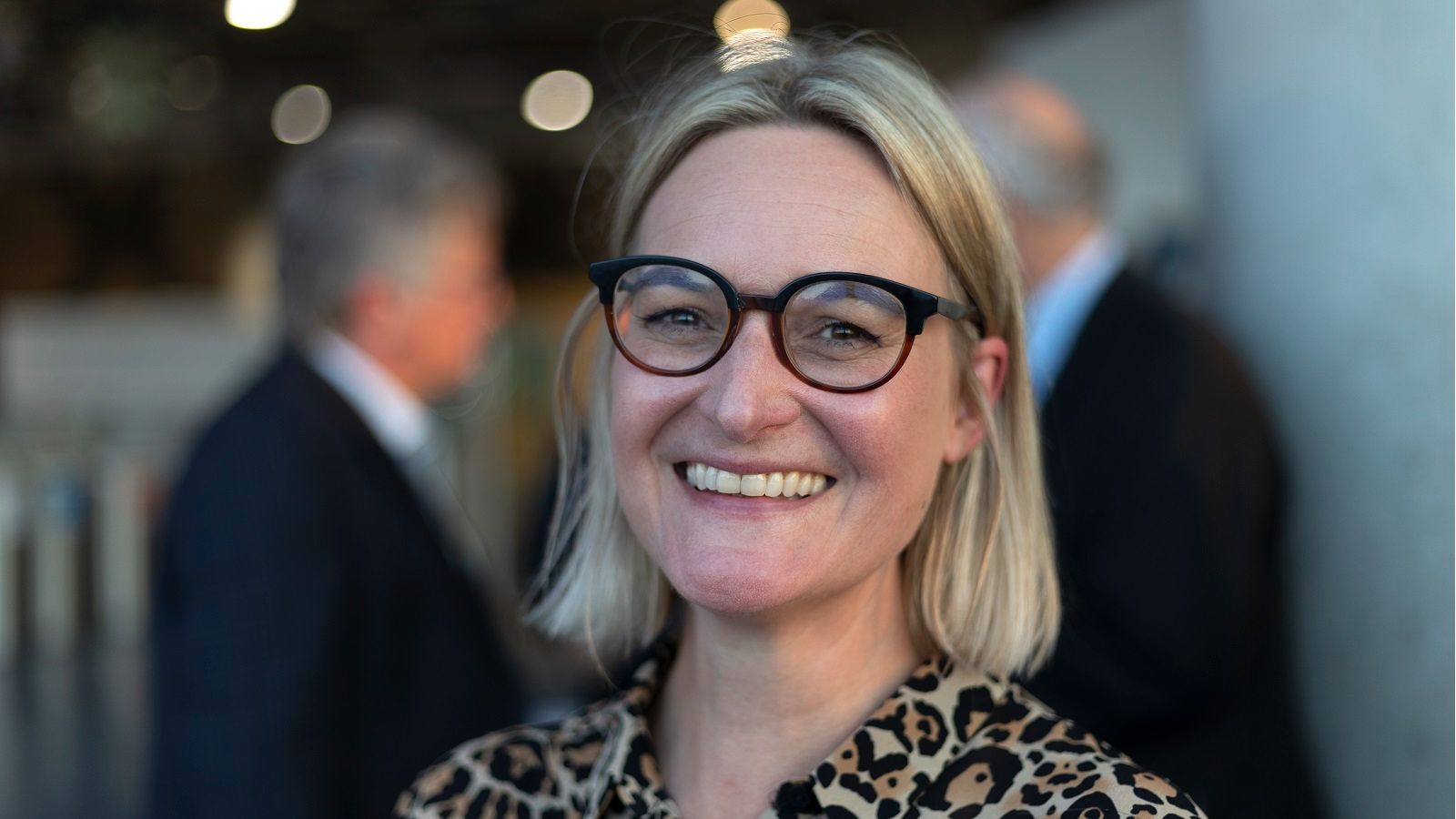 Professor Jack Hannam is Immediate Past-President of the British Society of Soil Science, following her presidency from 2023 – 2024. She is a soil scientist specialising in soil data, digital soil mapping and soil health. Her research focuses on digital soil mapping, applications of conservation agriculture to improve soil health, developing decision support tools for planning soil and landscape decisions and the application of application of national and local scale soil data for policy and business applications.
Professor Jack Hannam is Immediate Past-President of the British Society of Soil Science, following her presidency from 2023 – 2024. She is a soil scientist specialising in soil data, digital soil mapping and soil health. Her research focuses on digital soil mapping, applications of conservation agriculture to improve soil health, developing decision support tools for planning soil and landscape decisions and the application of application of national and local scale soil data for policy and business applications.
She leads the LandIS team at Cranfield University, who are responsible for the national soil data for England and Wales. Jack is also vice chair of the International Union of Soil Science (IUSS) Division 1: Soil in Space and Time. She is an Associate Editor for the journals Soil Use and Management and SOIL. She is a passionate science communicator and has been interviewed on the BBC Radio 4 Today programme, Sky News and BBC World. She founded Soapbox Science in Milton Keynes in 2015, a public outreach platform promoting women in science.
Sponsors
This episode is sponsored by the Environmental Biotechnology Network, or EBNet, a network in industrial biotechnology and bioenergy comprising a community of academics and industry dedicated to engineering microbio systems for environmental protection, bioremediation and resource recovery.
EBNet is one of six networks in industrial biotechnology and bioenergy supported by UK research and innovation.
You can find out more information about the EBNet themes covered here



Episode 2 – Regenerative Agriculture
Description
In this episode of Soil Matters, host Paul Lincoln explores the practical and philosophical dimensions of regenerative agriculture with Professor Anna Krzywoszynska, Professor Lynn Dicks, and PhD researcher Raquel Falcão. Together, they unpack recent research published in Soil Use and Management, delving into how farmers understand and apply sustainable soil practices, the risks of greenwashing in regenerative claims, and the crucial role of collaboration between farmers, scientists, and policymakers. From soil lifespans to farmer-led innovation, this conversation challenges assumptions and highlights the urgent need for holistic, context-specific support in soil stewardship.
Regenerative agriculture is an approach to farming that focuses on restoring and enhancing the health of the soil, enhancing ecosystems and also supporting the communities that sustain them. The practice emphasizes the regeneration of topsoil, increasing biodiversity, improving the water cycle and strengthening the health and vitality of farm soil. Key principles include minimal soil disturbance, diversifying crop rotations and integrating livestock by prioritizing soil health. Regenerative agriculture aims to create resilient farming systems that can adapt to climate change, improve food security and support sustainable agricultural practices.
The episode is inspired by two articles published recently in the Soil Use and Management journal (SUM). The first is called Sustainable soil management in the United Kingdom: A survey of current practices and how they relate to the principles of regenerative agriculture. The second is called Farmers’ perception of soil health: The use of quality data and its implication for farm management.
Professor Anna Krzywoszynska
 Professor Anna Krzywoszynska is an environmental social scientist and Associate Professor in Transdisciplinary Human-Environment Relations at the University of Oulu, Finland.
Professor Anna Krzywoszynska is an environmental social scientist and Associate Professor in Transdisciplinary Human-Environment Relations at the University of Oulu, Finland.
Dr Krzywoszynska’s overarching research interest is in investigating and transforming knowledge-cultures in different settings in order to strengthen sustainable and just relationships between humans and their environments. Her research projects have investigated the politics and ethics of agri-environmental knowledge, especially in relation to soils and soil microbes. Her co-edited book Thinking with Soils, and the co-led special issue on soils in the Environmental Humanities journal set the scene for the dynamically growing area of soil humanities.
Dr Krzywoszynska’s academic work and practice are deeply interdisciplinary. At the University of Oulu, she leads one of the streams of the Biodiverse Anthropocenes programme, as well as leading the Lively Lab research group. She acts as a member of the Advisory Board for the Horizon Europe Mission Soil Deal for Europe, and she is a co-lead of one of the Commissions of the International Union of Soil Science. She is also the founder and lead of the Soil Care Network.
Professor Lynn Dicks
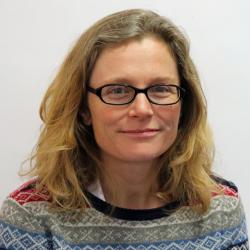 Professor Lynn Dicks is a conservation scientist at the University of Cambridge. Her work is focused on insect conservation, biodiversity in agricultural landscapes and high quality evidence synthesis. She leads the Agroecology Research Group and is an Honorary Reader at UEA, where she conducts trans-disciplinary research, at the interface between agro-ecology, policy and the food and farming industry.
Professor Lynn Dicks is a conservation scientist at the University of Cambridge. Her work is focused on insect conservation, biodiversity in agricultural landscapes and high quality evidence synthesis. She leads the Agroecology Research Group and is an Honorary Reader at UEA, where she conducts trans-disciplinary research, at the interface between agro-ecology, policy and the food and farming industry.
She aims to highlight how farmers can benefit from ecosystem services in realistic commercial contexts, and how to use scientific evidence in policy and practice.
Raquel Falcão
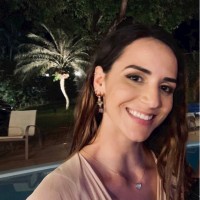 Raquel Falcão is completing her PhD at the Czech Technical University in Prague.
Raquel Falcão is completing her PhD at the Czech Technical University in Prague.
She is an Environmental Engineer and has worked with surface drainage projects, OAC and hydrological studies in railway projects.
She is currently a PhD student in the area of soils with a focus on erosive processes, both with modeling and experimental research.
Professor Leo Condron
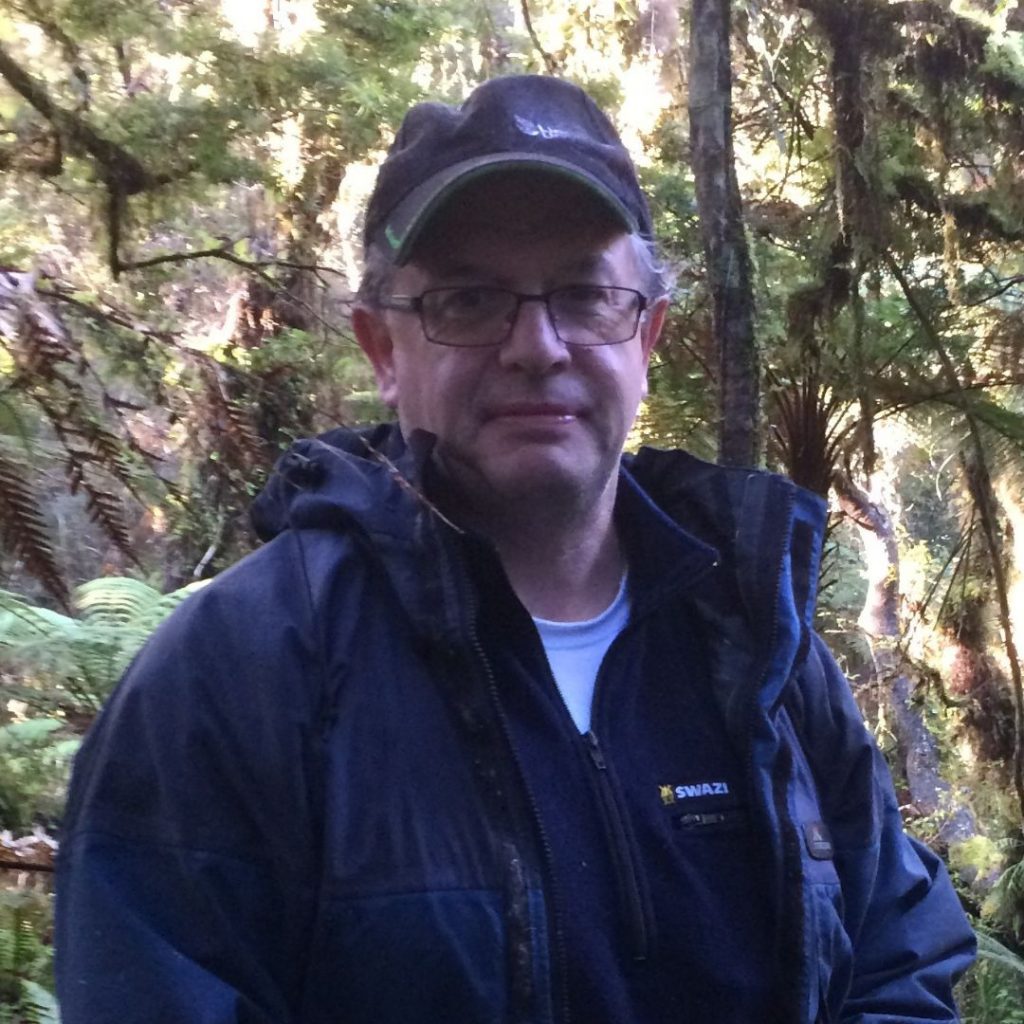 Professor Leo Condron is the Editor-in-Chief of the Soil Use and Management journal (SUM) which is celebrating its 40th anniversary in 2025.
Professor Leo Condron is the Editor-in-Chief of the Soil Use and Management journal (SUM) which is celebrating its 40th anniversary in 2025.
Leo was born in Glasgow and completed a BSc Honours degree in Agricultural Chemistry at the University of Glasgow, before moving to New Zealand to undertake a PhD in Soil Science at the University of Canterbury (Lincoln College).
He has over 38 years’ experience in academia and research, and his research has predominantly investigated the impacts of land use and management practices on phosphorus and organic matter dynamics in grassland and forest soils, soil chronosequence biogeochemistry, and relationships between soil microbial diversity and function. This body of research has contributed to significantly advancing understanding of the importance of biological processes in determining the bioavailability and utilisation of phosphorus in soil-plant systems, which was recognised by the award of Doctor of Science degree by the University of Canterbury in 2016.
Professor Condron has published over 300 articles to date (including 280 journal papers), and he has made a significant contribution to capability development through the supervision of over 120 postgraduate students and postdoctoral fellows.


